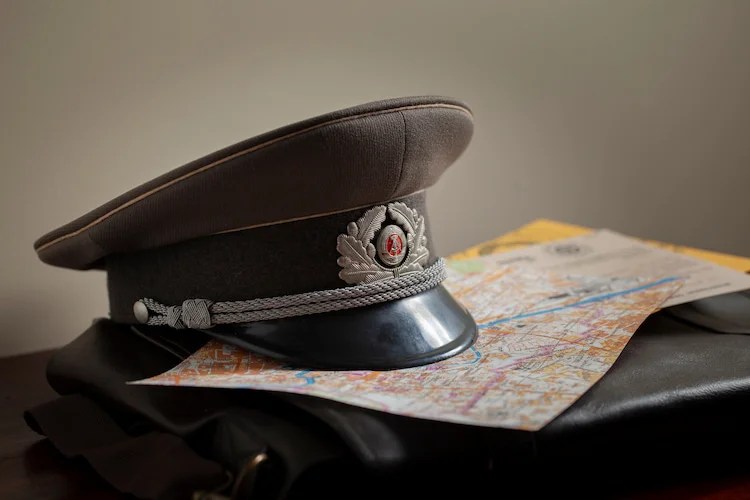Mohamad Shmaysani 14/02/2008 almanar TV
Tens of thousands are flock into Beirut's southern suburb to take part in the funeral of Hezbollah commander martyr Imad Moghniyeh. They will take part in prayers and will then hear attentively to Hezbollah's position as it will be announced by the party's Secretary General Sayyed Hasan Nasrallah.
"Let us make our voice heard by all the enemies and murderers that we will be victorious, no matter the sacrifices," said Hezbollah's statement that called for participation in the funeral.
Hezbollah and Iran, have accused Israel of Moghniyeh's assassination. Israel denied any involvement, but officials made no effort to conceal their approval of his death. The United States welcomed it.
FORMER CIA OFFICIAL: MOSSAD BEHIND MOGHNIYEH KILLING
"Evidence in Damascus car bombing points to Israel," says Bruce Riedel, former advisor to three US presidents on Middle Eastern affairs. Riedel, who spent over 30 years with the CIA before serving as a senior advisor on South Asian and Middle East affairs under three US presidents, said Israel has already carried out similar operations in Syria. Riedel is currently a senior fellow with the Saban Center for Middle East Policy at the Brookings Institute. He said that Sayyed Nasrallah is also in the crosshairs; something the Israelis never stop saying.
Martyr Moghniyeh's body was laid in a refrigerated coffin, wrapped in Hezbollah's flag. His father - Fayez, a south Lebanese farmer - as well as Hezbollah's deputy leader, Sheikh Naim Kassem, and other Hezbollah officials received condolences inside a hall from allied Lebanese politicians and representatives of Palestinian factions.
HEZBOLLAH RETALIATION, MATTER OF HOW AND WHEN
Whoever carried out the operation demonstrated very impressive capabilities, in particular in collecting intelligence, Haaretz's Yossi Melman said in his analysis about the assassination of the Islamic Resistance's commander Imad Moghniyeh.
"For many years he was in the sights of Israeli intelligence and the CIA, as well as other Western intelligence agencies such as Britain's, but because Moghniyeh knew all this, he was doubly cautious," Melman added. He drew two opposite conclusions: one is that the killing was a message to Sayyed Hasan Nasrallah that created shock and awe in Hezbollah and the second conclusion is that in the long run Hezbollah will clearly recover from the killing and return to functioning normally. "The big and more important question arising from the killing in Damascus is not whether Hezbollah will respond, but how and when," Melman asked. He further analyzed the response saying it will not necessarily come immediately in a reflex action.
"Their response will also not be along the border, because it seems they have no evidence to tie Israel directly to the killing. We can also estimate that they will not attempt a mass terror attack in Israel. The more reasonable and likeliest possibility is that Hezbollah, with Iranian approval, will try to make a revenge attack against Israel overseas, in particular against an embassy. In this case it seems they will look for areas that are Israel's "soft underbelly" such as the Israeli Embassy in Jordan, Egypt or certain African capitals - where it will be easier for them to act surreptitiously," Melman analyzed.
Israel's security services have meanwhile issued orders to its embassies and delegations abroad to be on high alert, anticipating the possibility that Hezbollah will retaliate.
Suscribirse a:
Enviar comentarios (Atom)















![[ TVgratis.TV - Tu Portal de TV Gratis - www.TVgratis.TV ] [ TVgratis.TV - Tu Portal de TV Gratis - www.TVgratis.TV ]](http://www.tvgratis.tv/banners/www-tvgratis-tv.gif)

No hay comentarios:
Publicar un comentario